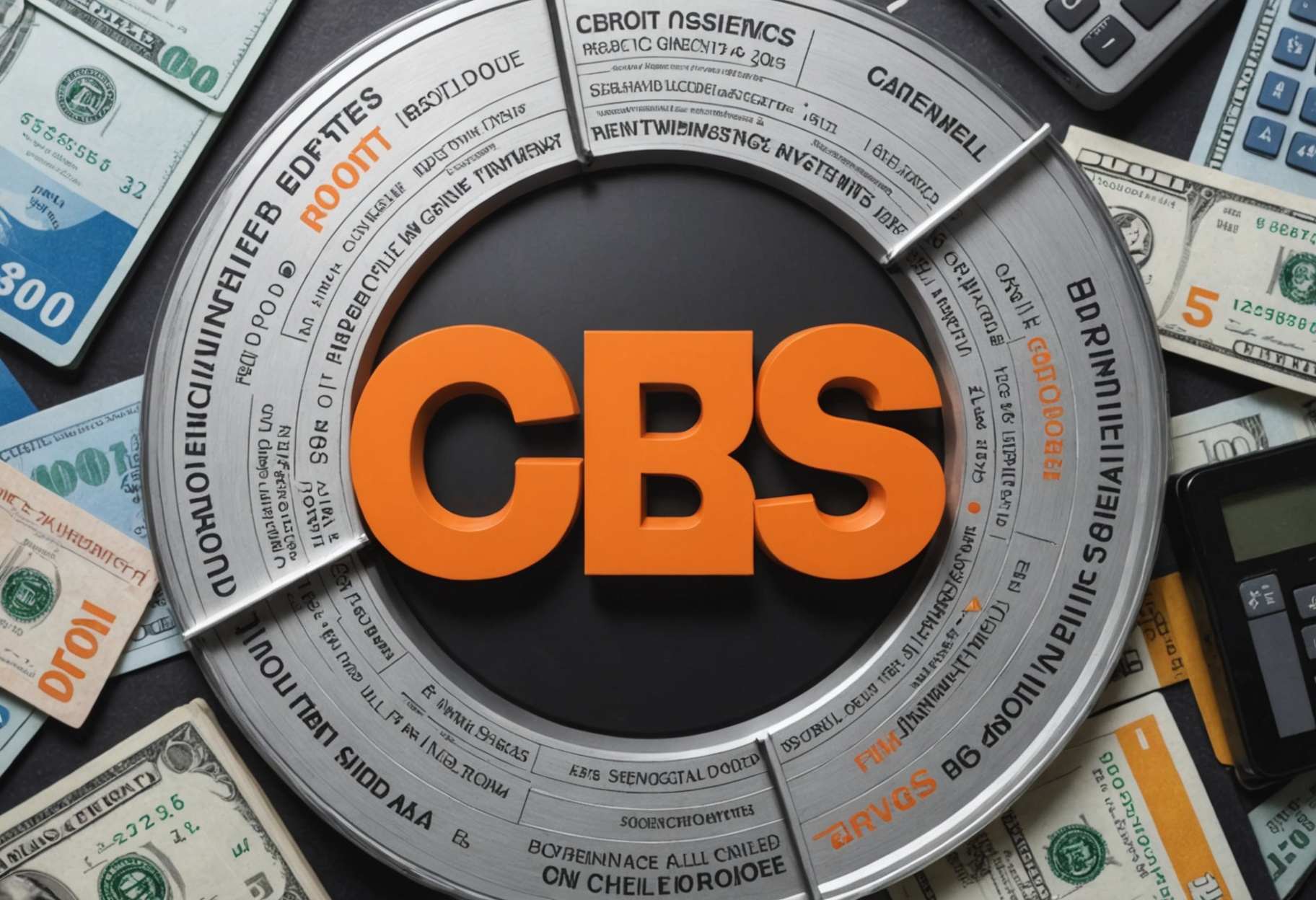5 Chiefs That Changed Our Opinion on Film
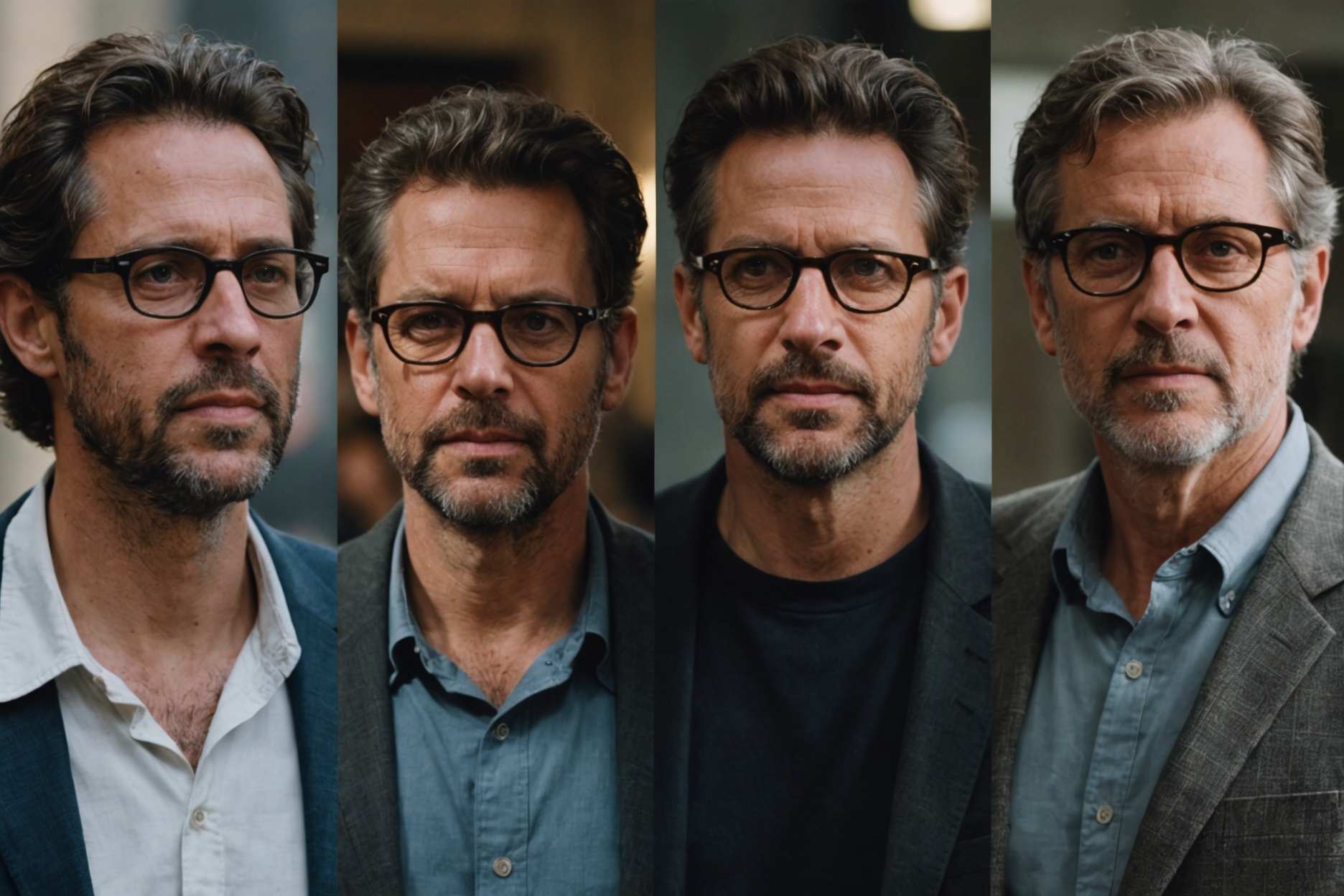
Over the course of film, certain chiefs permanently affect the business, rethinking narrating, visual style, and the actual embodiment of filmmaking. These visionaries have pushed the limits of what is conceivable on screen, affecting endless producers and dazzling crowds around the world. Here, we audit five chiefs who have changed our opinion on film, featuring their earth shattering commitments and enduring inheritances.
1
"Christopher Nolan"
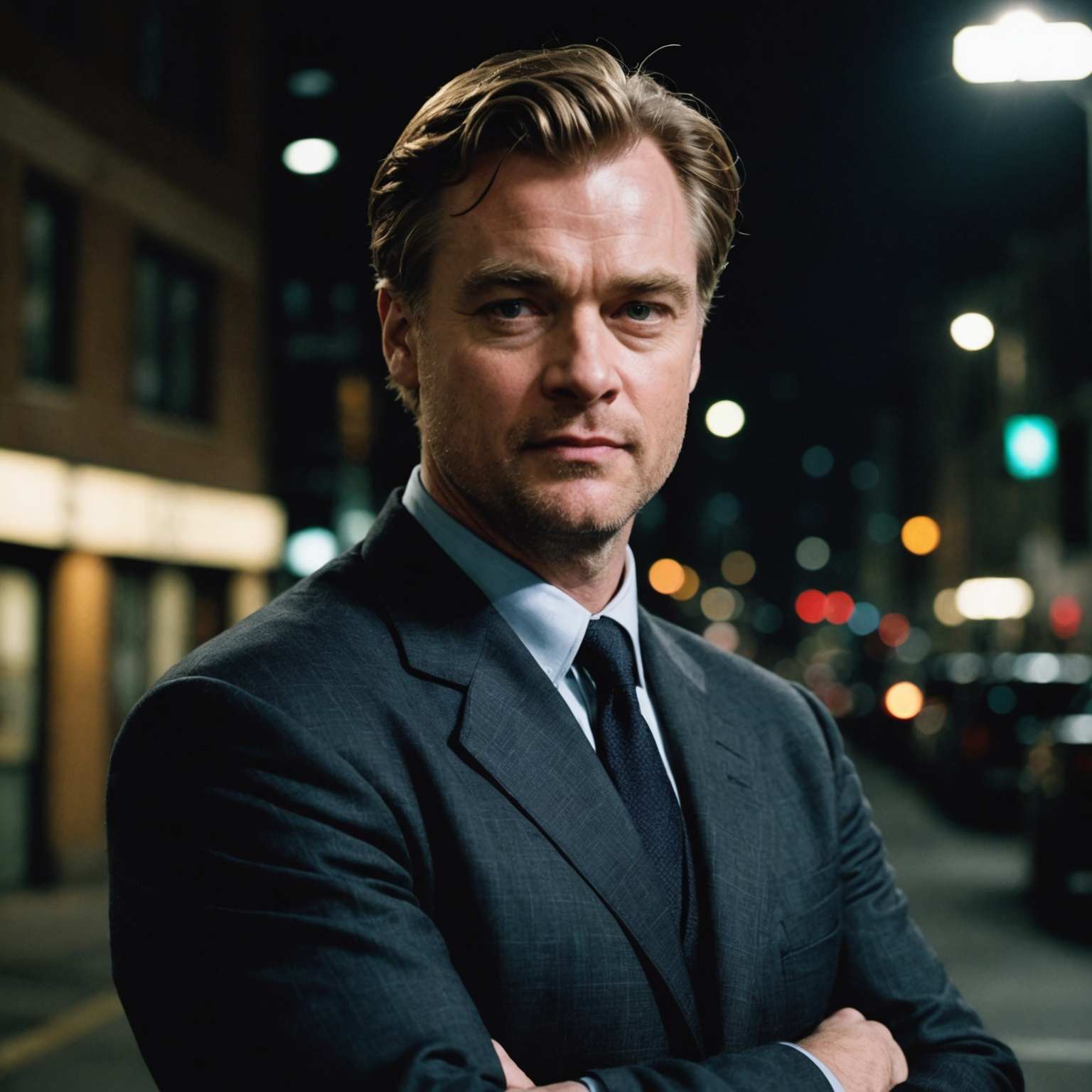
Christopher Nolan is eminent for his creative way to deal with account construction and his capacity to mix complex narrating with blockbuster claim. His movies, for example, Initiation, The Dull Knight Set of three, and Interstellar, are known for their complicated plots, philosophical subjects, and dazzling special visualizations. Nolan's utilization of down to earth impacts, inclination for shooting on film, and devotion to IMAX innovation have set new guidelines for realistic encounters. His non-direct narrating, as found in films like Keepsake, moves crowds to think fundamentally and connect profoundly with the story. Nolan's impact stretches out past the specialized parts of filmmaking; he has reclassified the capability of enormous spending plan film to be mentally invigorating as well as engaging.
Do you agree?
2
"Alfred Hitchcock"
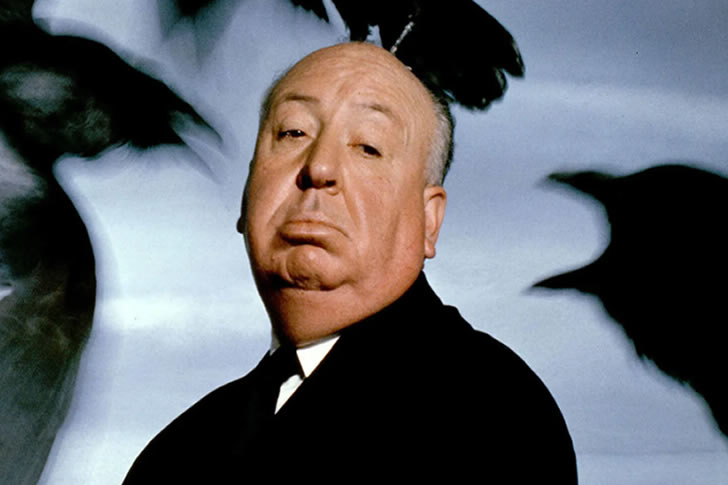
Alfred Hitchcock, known as the Expert of Anticipation, reformed the thrill ride classification with his imaginative narrating and spearheading utilization of camera strategies. Films like Psycho, Back Window, and Dizziness are tourist spots in film, prestigious for their emotional plots, complex characters, and mental profundity. Hitchcock's utilization of the camera to make strain, for example, the popular shower scene in Psycho, has turned into a staple in filmmaking. His capacity to control crowd feelings through visual narrating, music, and careful altering has affected innumerable chiefs. Hitchcock's work stays a benchmark for making thrill rides and has solidified his heritage as perhaps of the most powerful chief throughout the entire existence of film.
Do you agree?
3
"Quentin Tarantino"
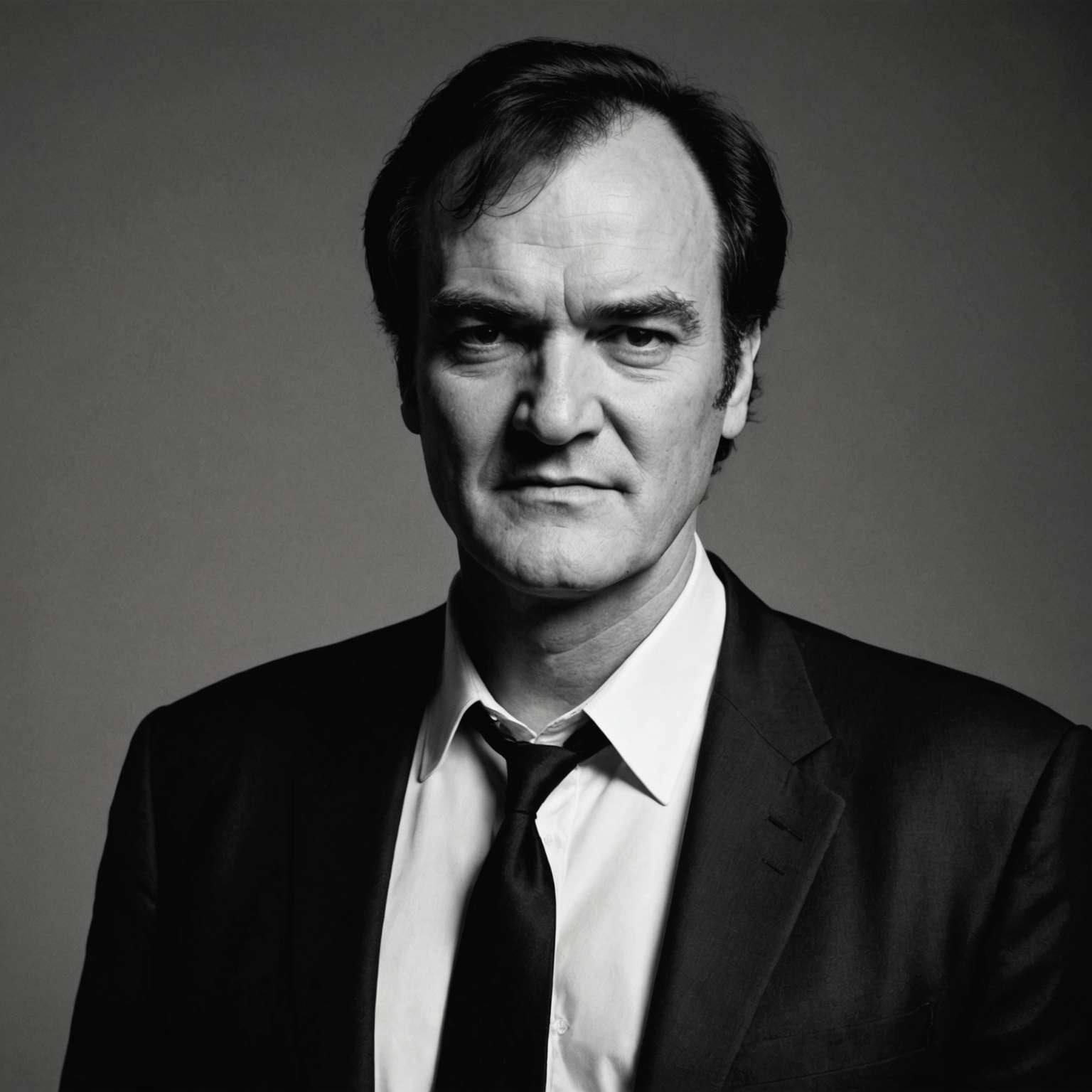
Quentin Tarantino has upset current film with his particular style, described by sharp discourse, nonlinear stories, and a profound appreciation for sort filmmaking. Films like Raw Fiction, Kill Bill, and Inglourious Basterds are praised for their strong narrating, important characters, and extraordinary mixing of humor and viciousness. Tarantino's all encompassing information in movie form history is clear in his work, as he habitually gives proper respect to various sorts while making something completely unique. His capacity to make convincing stories through unusual strategies has roused an age of producers to face innovative challenges. Tarantino's impact is found in the manner present day films embrace varied soundtracks, mainstream society references, and many-sided discourse.
Do you agree?
4
"Hayao Miyazaki"
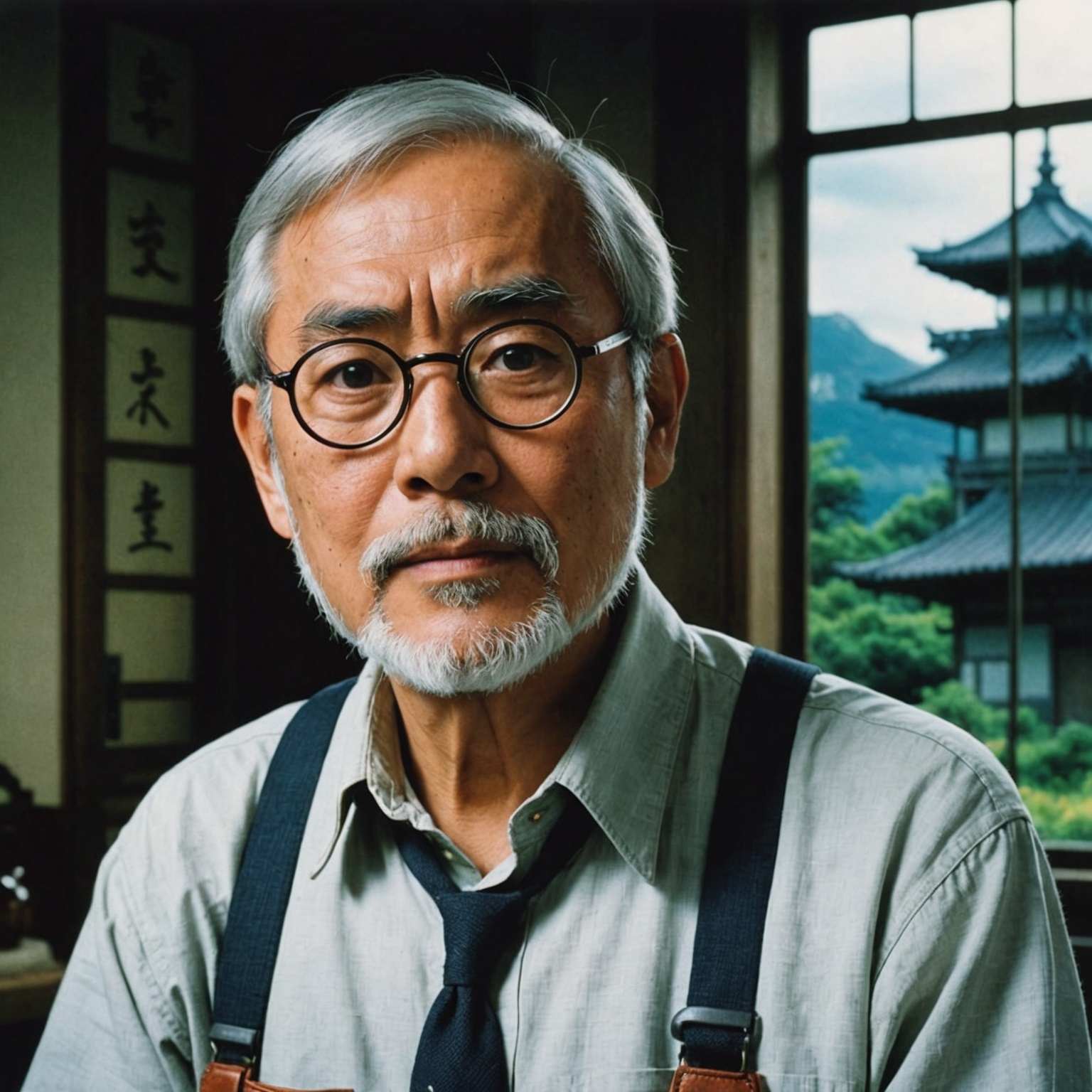
Hayao Miyazaki, prime supporter of Studio Ghibli, has changed the scene of energized films with his captivating narrating, perplexing activity, and profound ecological and social topics. Films like My Neighbor Totoro, Energetic Away, and Princess Mononoke feature his capacity to make fantastical universes that resound with crowds, everything being equal. Miyazaki's work is described by areas of strength for its, ethical intricacy, and stunning hand-drawn movement. His movies frequently investigate the connection among mankind and nature, passing strong messages on through gorgeous, vivid visuals. Miyazaki's impact reaches out past liveliness, as his narrating strategies and topical center have motivated movie producers across different classes to embrace more significant, significant accounts.
Do you agree?
5
"Stanley Kubrick"
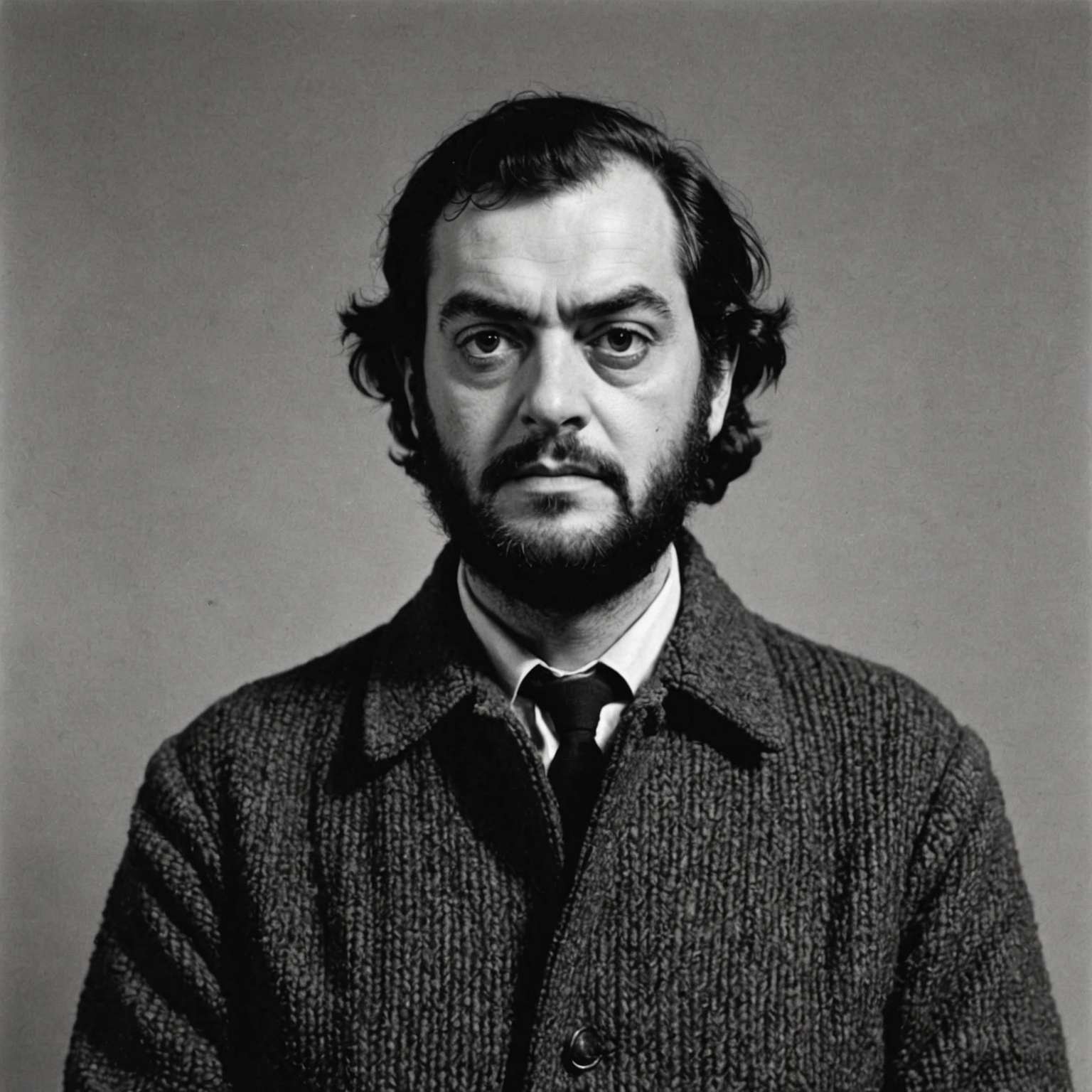
Stanley Kubrick is in many cases viewed as quite possibly of the best chief throughout the entire existence of film, known for his fastidious craftsmanship, imaginative procedures, and different filmography. Kubrick's movies, for example, 2001: A Space Odyssey, A Precision Orange, and The Sparkling, are commended for their visual brightness, topical profundity, and significant effect on the class they address. His utilization of earth shattering enhancements, especially in 2001: A Space Odyssey, has impacted sci-fi filmmaking for quite a long time. Kubrick's tender loving care, from set plan to cinematography, and his readiness to investigate questionable subjects have left an enduring heritage. His work keeps on rousing producers to take a stab at greatness and push the limits of what is conceivable in film.
Do you agree?
LATEST POSTS
- 1
 The Best 15 Applications for Efficiency and Association
The Best 15 Applications for Efficiency and Association - 2
 Instructions to Safeguard Your Speculations In the midst of Changing Disc Rates
Instructions to Safeguard Your Speculations In the midst of Changing Disc Rates - 3
 5 Indoor Plants That Further develop Air Quality
5 Indoor Plants That Further develop Air Quality - 4
 Share your pick for the tree that you love for its novel magnificence!
Share your pick for the tree that you love for its novel magnificence! - 5
 Enormous Credit And All that You Really want To Be aware
Enormous Credit And All that You Really want To Be aware
Share this article
 Top Pastry: What's Your Sweet Treat of Decision?
Top Pastry: What's Your Sweet Treat of Decision? Find Your Inward Culinary specialist: Cooking Procedures and Recipes
Find Your Inward Culinary specialist: Cooking Procedures and Recipes Proficient Cultivating Devices for a Lovely and Useful Nursery in 2024
Proficient Cultivating Devices for a Lovely and Useful Nursery in 2024 Famous SUVs With Low Energy Utilization In 2024
Famous SUVs With Low Energy Utilization In 2024 Step by step instructions to Figure out the Natural Effect of 5G Pinnacles
Step by step instructions to Figure out the Natural Effect of 5G Pinnacles Best Amusement Park in Asia: Which One Is a Must-Visit
Best Amusement Park in Asia: Which One Is a Must-Visit Remote Work Survival manual: Helping Efficiency at Home
Remote Work Survival manual: Helping Efficiency at Home The most effective method to Offset Album Rates with Liquidity Needs
The most effective method to Offset Album Rates with Liquidity Needs 7 Powerful Techniques to Boost Efficiency with Your Cell Phone: A Far reaching Guide
7 Powerful Techniques to Boost Efficiency with Your Cell Phone: A Far reaching Guide

